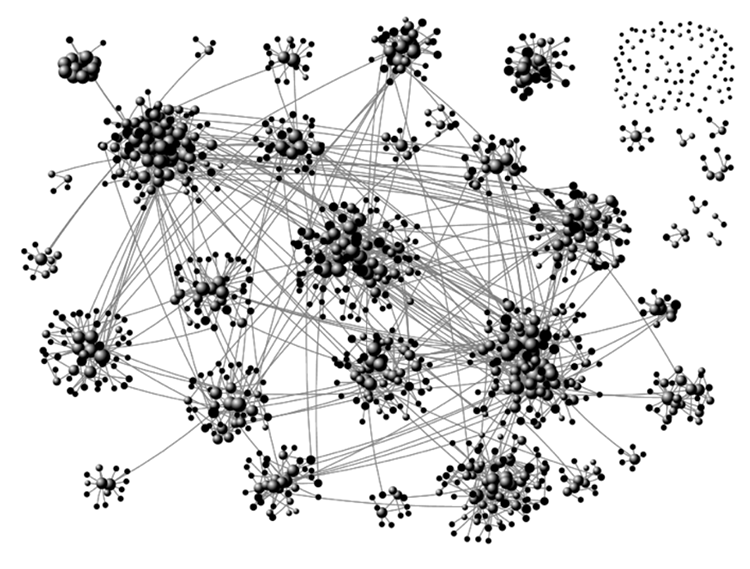
As religious congregations dispersed by COVID-19 struggle with how and when to safely reconnect, Samford religion and sociology professor Jennifer McClure offers insights into the social networks that bind congregations. Her new article–Connected and Fragmented: Introducing a Social Network Study of Religious Congregations–recently published in the Interdisciplinary Journal of Research on Religion, is based on her 2017-18 research on four types of social connections between congregations– joint events, friendships between ministers, ministerial groups, and pulpit exchanges.
In addition to her teaching, McClure serves as Congregational Research Strategist for Samford’s Center for Congregational Resources (CCR). While the network data were collected before the disruption caused by COVID-19, the connections she identified provide many opportunities, whether virtually or with social distancing, for congregations and their ministers to combat loneliness and isolation.
“Isolation is quite dangerous for clergy because it can negatively impact their satisfaction in ministry, health, and commitment to ministry," McClure said. "Many ministers face challenges with stress, mental health, physical health, and burnout, and friendships with other ministers are crucial for supporting ministers’ wellbeing and effectiveness in ministry.”
The ministers of some congregations in McClure’s study lack those important connections, but that was not typical. “I am encouraged that, of the four networks focused on specific types of ties presented in this article, the network involving friendships between ministers has the most cohesion and the least fragmentation,” she said.
All of the social connections McClure studied are highlighted in a summary offered by the CCR, and are discussed in detail in the full article (free registration).
